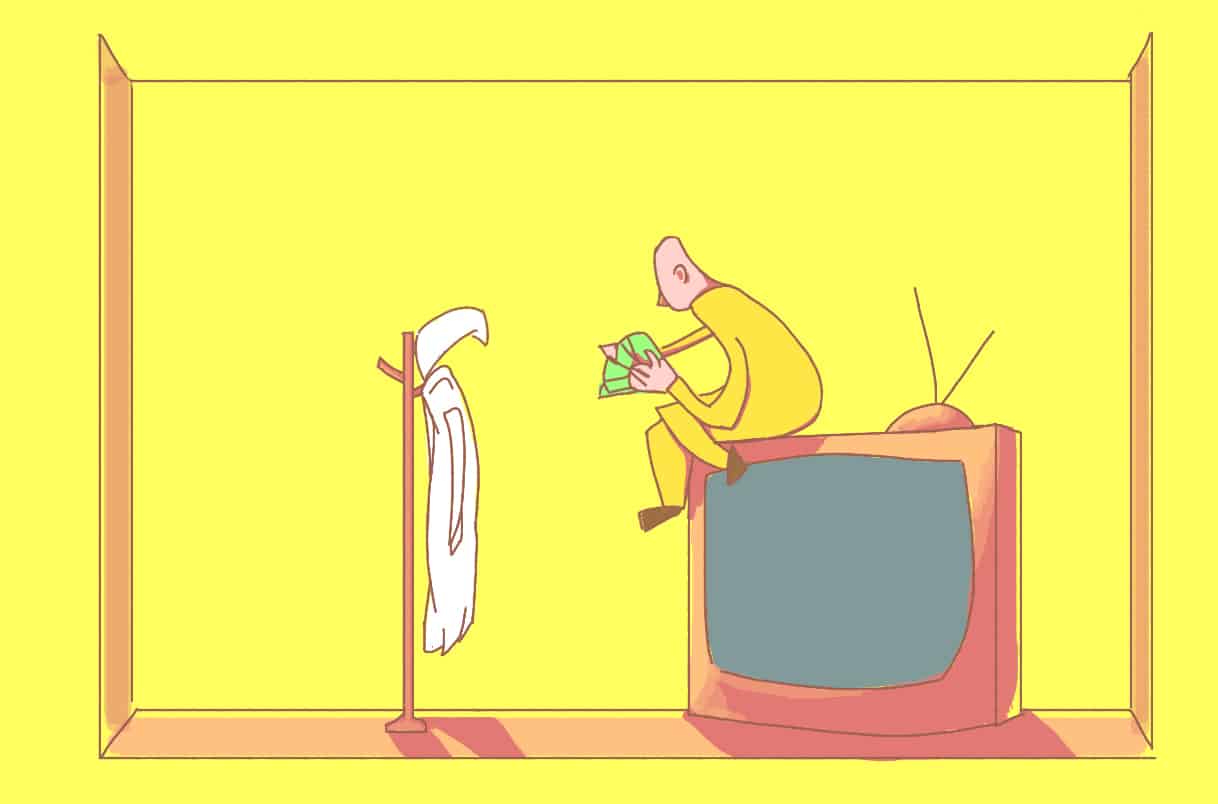The television network A&E has cancelled a proposed documentary series on the Ku Klux Klan amidst allegations that the series’ producers fabricated much of the filmed content. Klan members allege that the show’s producers paid them hundreds of dollars a day to enact scripted material and even orchestrated elaborate and fictitious scenarios, including a cross-burning.
The show, which drew the support of human rights organizations such as Color of Change and the Anti-Defamation League, was initially titled Generation KKK, and was billed as a “hard-hitting” documentary series focusing on disillusioned Klan members attempting to leave the hate group.
The show received criticism on social media for its title, which was seen as being overly sensationalistic, prompting the network to retitle the show Escaping the KKK.
The day after the name change the show was cancelled amid allegations that producers had promised Klansmen the show would be an honest portrayal of life in the KKK, while telling them to act out scripts and pose for multiple, staged takes, a Variety investigation revealed.
Klansmen told Variety that producers had encouraged members not to file taxes on cash payments, and had goaded them into essentially playacting characters with fictional identities in elaborate, scripted dramatic scenes — even attempting to coerce some members into using racial epithets on camera.
Two months after Donald Trump’s election, a direct look at the inner workings of the KKK could be a powerful, informative undertaking. In the wake of the election, hundreds of reports have been sent to civil-rights groups detailing harassment and hate crimes against ethnic minorities, Muslims, immigrants and LGBTQ+ people.
But by staging scenarios and offering secretive payments in exchange for participation from Klan members, the show’s producers risked creating a product that could exacerbate a deeply polarized political climate.
The danger of normalizing racial hatred is real in the current political climate; white nationalist, racist, and anti-semetic sentiments are increasingly permeating the mainstream masquerading as a political movement — the so-called ‘alt-right.’ It is evident that ‘alt-right’ promoters have been given a platform lately, as agitators like Milo Yiannopoulous are offered book deals, and arch-conservatives like Breitbart’s Stephen K. Bannon are given roles in a Trump administration.
In this context, paying Klan members to play caricatures of themselves will only feed unfounded accusations of “race-baiting,” a term used by ‘alt-right’ members to describe what they see as attempts to discredit individuals by accusing racism.
In a preview of the now-cancelled show, we are given a glimpse of something that feels more like a melodrama than a documentary.
As ominous music sets in, we see a Klansman giving his daughter a set of pointed hoods as a present. We see the daugher in private, wrestling with how to tell her father that her best friends are black. Here we see an exposé on an aberrant hate group transformed into a coming-of-age drama. The drama is only heightened, and as Alexis Okeowo writes in The New Yorker, it feels “like a mockery of a disturbing shift” in our culture.
The failure of the show demonstrates a conflict between its potential to educate, and its potential to give a platform to bigotry.
One danger of producing such a documentary could be giving a platform to a group that routinely misrepresents itself. In interviews with cable news networks, former KKK Grand Wizard David Duke and others present themselves not as white supremacists, but as simple “white separatists” and “white nationalists,” concerned citizens rejecting the tyranny of liberal values, who just want their racial group to be left alone.
In The Crusader, the KKK’s newsletter, white supremacists paint themselves as loving neighbours, irrespective of a flurry of transphobic, homophobic, and racist remarks, including claims such as: “Sexual deviants like Bruce Jenner are praised for their courage while a white nationalist who says nothing more than ‘Love your people’ is treated like the scum of the earth.”
Presenting such vitriolic nonsense in an undiluted form would be unethical. As news consumers gravitate towards their social media feeds and away from broadsheets, the thought bubble of the social media feed gives such statements persuasive power. Critical thinking and rational public discourse is the only way to overcome this — something that A&E’s documentary could have provided, had it been handled more appropriately.
A series like Generation KKK, if aired, would only have further eroded public discourse. Instead of a critical presentation of the realities of race issues in America, A&E was set to profit by turning bigotry into a spectacle. It was a good decision for A&E to cancel the documentary when the allegations about how it was made came out.


